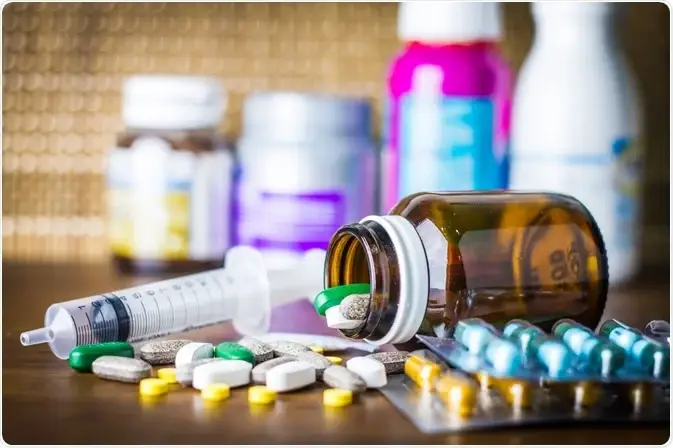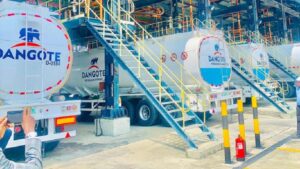NAFDAC Releases List of 101 Withdrawn, Suspended, Cancelled Products
The National Agency for Food and Drug Administration and Control (NAFDAC) has released a list of 101 products whose certificates of registration have either been withdrawn, suspended, or cancelled.
The agency announced this on 19 September through their official website, stating that the affected products are no longer permitted for manufacture, importation, exportation, distribution, advertisement, sale, or use in Nigeria.
According to NAFDAC, a product’s registration certificate may be withdrawn when the use of the Certificate of Registration of the product is discontinued upon request of the Market Authorisation Holder (MAH); suspended when the conditions upon which the NAFDAC registration license was issued are no longer met, pending the agency’s determination; and cancelled when the NAFDAC Certificate of Registration license of that product is revoked by NAFDAC.
Products Breakdown
Out of 101 products on the list, only four were cancelled by NAFDAC, while others were withdrawn voluntarily by the Market Authorisation Holder. The cancelled products were produced by Gentle Hills Limited.
The list also shows a concentration of market authorisation with a few key companies, reflecting their substantial presence in the market.
The most frequently listed MAH is Servier Pharmaceuticals Development ltd, which holds authorisation for 25 products.
Following distantly are Healthline Limited (six), MSD Idea Pharmaceuticals Nigeria LTD (five), and Pfizer Specialties Limited (five).
Several other firms include Sanofi Aventis Nigeria ltd (three), Fensyl MHP Consulting Ltd (three), Blooms Pharmaceutical ltd (three), Norvatis (or Novartis Nigeria Limited) (two), AstraZeneca Nigeria Limited (two), GlaxoSmithKline Pharmaceutical Nigeria Ltd (two), Novo Nordisk Pharma (two) and Janssen Pharmaceutical Companies (two).
Others are F. Hoffmann-La Roche Ltd (one), Gentlehills Limited (one), Fredun Pharmaceuticals Ltd (one), Lyn-Edge Pharmaceuticals Limited (one), Johnson & Johnson (one), Cipla (one), Worldwide Healthcare Ventures Limited (one), and Bayer East Africa Limited (one).
The active ingredient breakdown highlights the registration focus on chronic and infectious diseases, particularly cardiovascular health and diabetes.
On cardiovascular focus, ingredients related to blood pressure and cholesterol, dominated by Perindopril and its various combinations (e.g., in Coveram, Coversyl, Triveram), are the most frequent, appearing 12 times. The combination of Atorvastatin/Perindopril (Triveram variants) alone accounts for five entries.
In diabetes management, medications for diabetes are prominent, with combinations featuring Sitagliptin (with/without Metformin) and Saxagliptin (with/without Metformin) each appearing four times.
Also on infectious disease agents, antimalarial and antiretroviral ingredients show significant frequency including Artesunate Amodiaquine (ASAQ) and Artemether/Lumefantrine each appeared three times; Combinations of Lamivudine/Nevirapine/Zidovudine also appeared three times.
Other ingredients listed with three appearances include Oxymetazoline HCl (for nasal decongestants), Paliperidone (antipsychotic), and Valsartan (antihypertensive).
The overwhelming majority of products on the list are in the form of Tablets, which account for nearly three-quarters of all entries.
Other dosage forms, while fewer, ensure representation across various treatment methods including Syrup, Suspension, Injectables, and Spray each appeared three times, collectively making up approximately 15.8 per cent of the list.
Less frequent forms include Capsules (three entries) and Eye Drops (two entries).
The agency, however, urged the public, distributors, and healthcare providers to note the changes and comply.













Post Comment